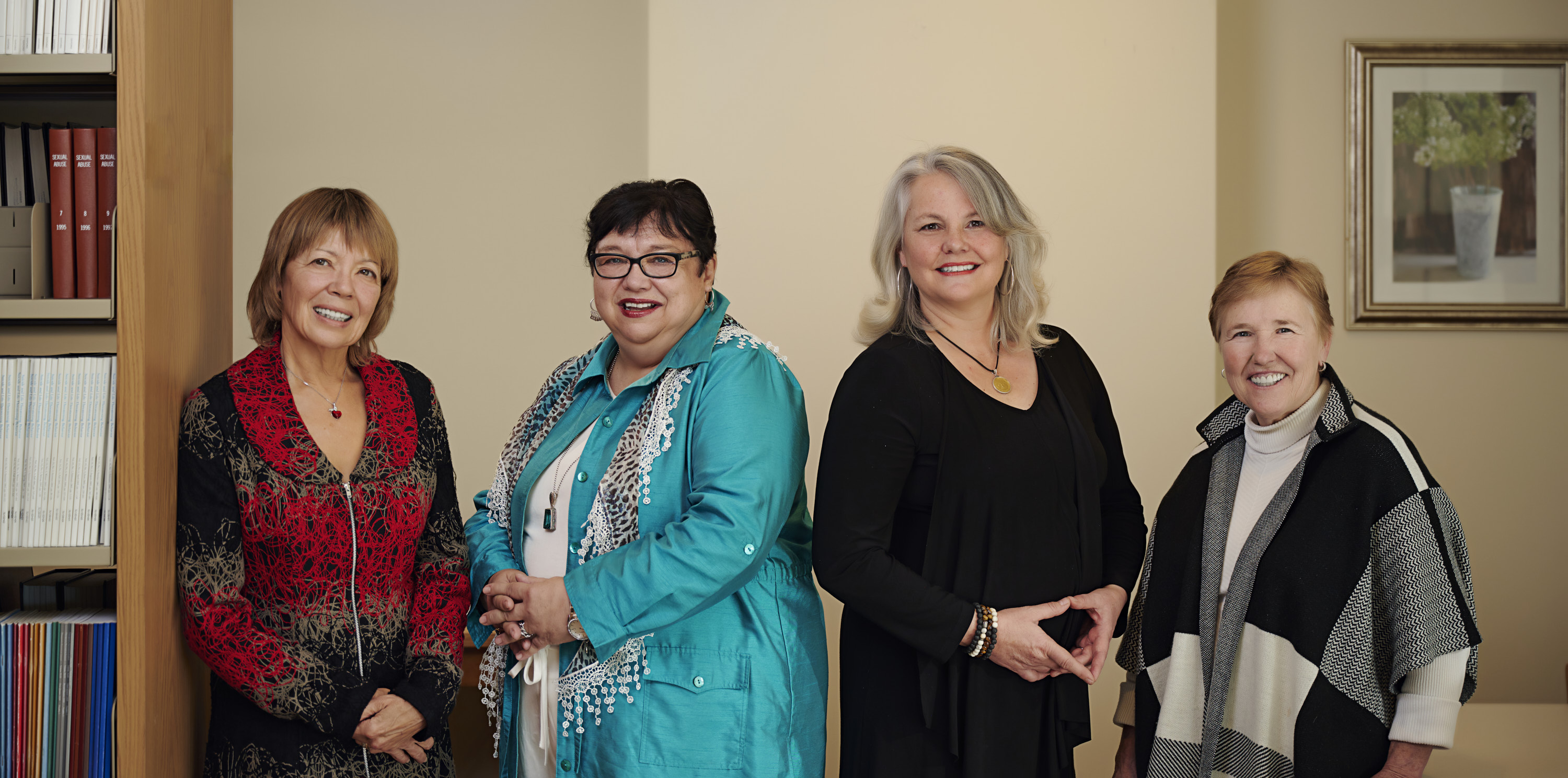In December 2020, The Royal announced its new organizational strategy: Access, Hope and New Possibilities. President and CEO, Joanne Bezzubetz, referred to it as the beginning of a five-year conversation. It’s a conversation that opens the door for greater and more meaningful engagement and reinforces collaboration with clients and families.
What many people may not fully understand, however, is how far-reaching the impact of this collaboration can be. When clients and families have meaningful input into the decisions that affect them on an organizational level, play an active role in their own care, and help shape actual research questions, it can transform mental health and substance use health.
“Our clients are the experts,” says Tammy Beaudoin, director of clinical research administration at The Royal. “While we have physicians, researchers, and scientists who study mental health and want to improve mental health outcomes, what they deem as important might not be the same thing that is deemed as important to the clients or families we're working with.”
It’s an important collaboration, especially given how many people are affected by mental health and substance use health, says Michèle Langlois, chair of The Royal’s Family Advisory Council (FAC). “If one person suffers, a constellation of people suffers as well, whether it be in a family, in a workplace, or in a community,” she says.
There are many ways people with lived expertise can be involved in research, whether it’s co-designing the research questions, being involved in the studies themselves, interpreting the results, or disseminating the outcomes. Sometimes it’s as simple as redesigning consent forms, says Peter Winfield, a former client of The Royal and co-chair of a working group at The Royal dedicated to client and family-oriented research.
Winfield says clients having a voice in the topics that are being researched and the way research studies are structured must be key considerations now, and moving forward. What’s more, “translating research into care is absolutely critical,” he adds. “A lot of good research has been done and we need to work on that and get it into doctors’ and clinicians’ offices.”
Langlois shares the wise words of Maya Angelou: When you know better, you do better. “I think research gives us cues into the knowing better,” says Langlois. “Everyone has a different perspective, but by bringing all the people together you get a more holistic view. I think from a research perspective, when it's done purposefully by design, you achieve a more balanced view and ultimately, better outcomes.”
Join us on Dec. 2 for a panel discussion on how The Royal and its Research Council are integrating lived expertise into research through the establishment of a Client-and Family-oriented Research Framework Committee led by Michèle Langlois, Peter Winfield and Tammy Beaudoin, and through the execution of clinical research studies as demonstrated by Dr. Michael Seto.
Date and time: December 2 at 2 PM
Register now: https://us06web.zoom.us/meeting/register/tZwpd-igrT4tG9fg9RyNOSrzaxwFIWQl22Y-
About Research Week
During this week, we have an exciting schedule of activities planned to highlight the many ways that Research at The Royal’s team of world-class scientists, researchers and students are enhancing prevention, intervention and innovation in the mental health and substance use health.
For further details visit theroyal.ca or contact:
Michaela Berniquez, Communications Coordinator
michaela.berniquez@theroyal.ca | +1 (613) 218-5225

